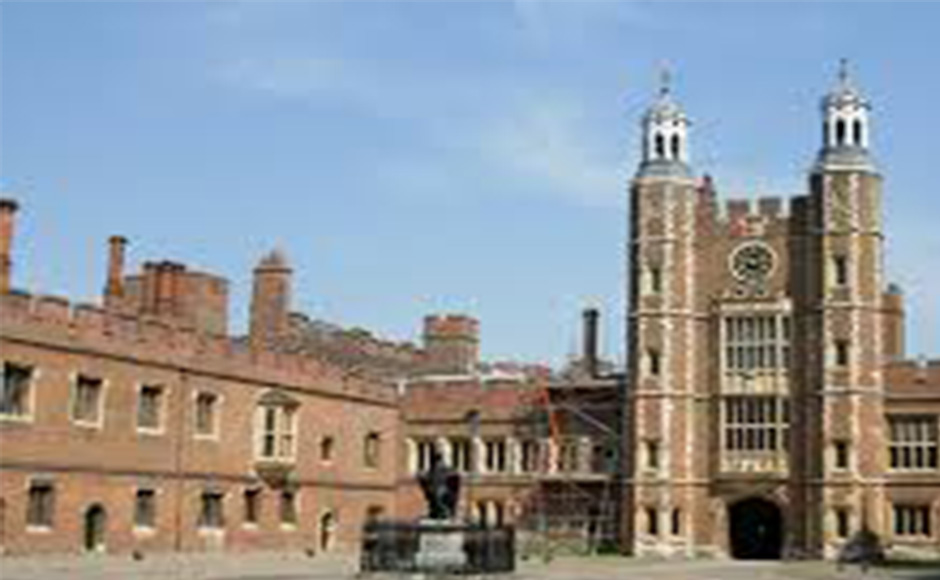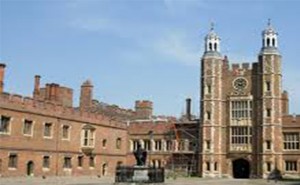
Public school lime light

In Celtic society nobles headed by a king or chieftain, followed by the craftsmen (metalworkers), then the farmers who controlled the food chain and also fought for the chief. There was also a class of slaves in Celtic England. However, the Celts were divided into tribes as there was no political unity among them. After the Roman conquest the upper class Celts adopted the Roman way of life and built villas modelled on Roman buildings.
William Harrison, in 1577 described England “We in England divide our people commonly into four sorts, gentleman, Citizens or burgesses, yeoman (farmers) and articifers and labourers.
Like the Celts before Romans and the Saxons after them the Romans kept slaves. A Slave’s life was horrid, but most people treated them reasonably well simply to keep them working efficiently. When Saxons took over from Romans they divided the society into three classes. At the top were the Thanes, the Anglo Saxons who enjoyed hunting and feasting and they were expected to give their followers gifts like weapons. Below them were churls, who were mostly well off. and below them were a class of slaves called thralls.
Reforms in education led to the effective elimination of the grammar school. The rise of the comprehensive school was aimed at producing a more egalitarian educational system, and there were ever-increasing numbers of people going into higher education. Earlier the grammar schools, which taught Latin, charged fees from those who could afford them, as the major public schools all began as grammars.
David Turner a former educational correspondent of the Financial Times, introduces history of the public schools that educate the children of the elite
Eton educated Robert Walpole (Eton) , the first prime minister had seven public schoolboys in his cabinet team. The Old boys spans more than 700 years, explaining the brilliance of the British establishment and its ability to adapt. While historically, the British are obsessed with class the Indians were obsessed with caste.
Turner’s The Old Boys cover the era of decline in the 18th and early 19th centuries full of corruption and riots. In the Sixties, the satire boom led by young people who were willing to attack their elders and express themselves through pop music and bands like the Beatles and the Rolling Stones, academic education was free at the grammar schools, and the public schools were in trouble. In 1965 Anthony Crosland abolished the grammar schools, and the abolition of direct grant schools in 1976, when most of them became public schools. Winchester, Eton, St Paul’s, Westminster , Rugby, Harrow, Dulwich, all public schools.
The Old Boys: The Decline and Rise of the Public School by David Turner Yale £25/ $65
